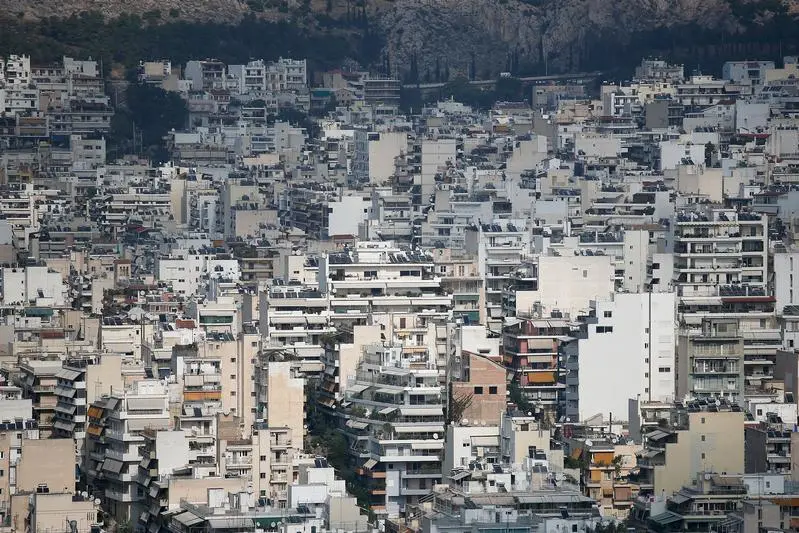PHOTO
Greek manufacturing activity shrank in October after quicker declines in output and new orders as inflationary pressures strained client demand, a survey showed on Tuesday.
S&P Global's Purchasing Managers' Index (PMI) for manufacturing, which accounts for about 10% of the Greek economy, fell to 48.1 in October from 49.7 in September, marking the sharpest downturn since December 2020. Readings above 50 mark growth in activity.
"Greek manufacturers registered further downturns in output and new orders as the final quarter of the year heralded worrisome underlying trends. Already weak domestic and foreign demand slumped again," said S&P Global economist Sian Jones.
Subdued demand led to a sharp decline in new orders with firms saying the impact of inflation and higher energy costs weighed on client purchasing power.
New export sales contracted strongly as challenging economic conditions in key overseas markets and unstable energy prices dampened orders.
Production declined again in October and was the second-fastest drop in almost two years, extending the latest sequence of contraction to five months. Goods producers cut staff for the third straight month after a sharp reduction in work backlogs.
On the price front, October saw another marked rise in input costs with the pace of inflation quickening from August's low.
Greek manufacturers also reported weaker expectations on the outlook for output in the coming year. The overall level of business confidence fell to its lowest since May 2020, the survey showed.
"Our current forecast for industrial production expects a 3.0% rise in 2022, but headwinds are weighing on the outlook for 2023, with firms concerned about energy price inflation and broader strains on global economic conditions," Jones said. (Reporting by George Georgiopoulos; Editing by Hugh Lawson)





















